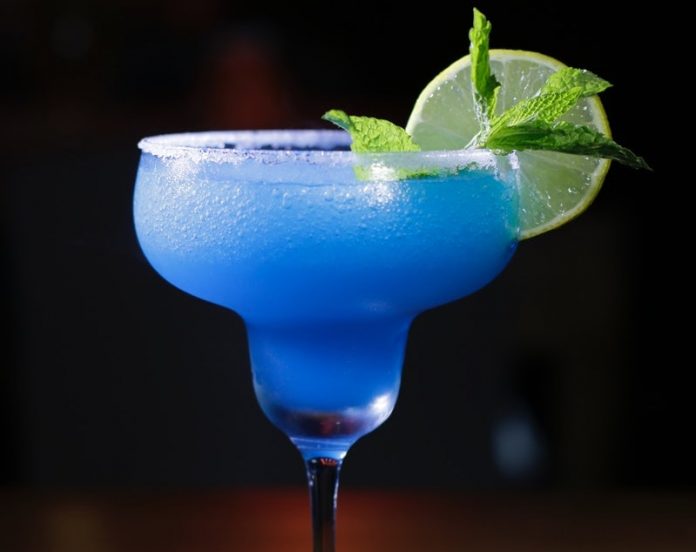
In a new study, researchers tested several human antibodies to determine the most potent combination to be mixed in a cocktail and used as a promising anti-viral therapy against the virus that causes COVID-19.
The antibody cocktail evaluated by UMSOM researchers will be used to treat COVID-19 patients in a clinical trial that was launched last week.
The study demonstrates the rapid process of isolating, testing, and mass-producing antibody therapies against any infectious disease by using both genetically engineered mice and plasma from recovered COVID-19 patients.
The research was conducted by a team at the University of Maryland School of Medicine (UMSOM) and elsewhere.
Antibodies are proteins the immune system naturally makes in response to foreign invaders like viruses and bacteria.
Antibody therapies were first tried in the late 19th century when researchers used a serum derived from the blood of infected animals to treat diphtheria.
To produce the so-called monoclonal antibodies for an antibody cocktail to fight COVID-19, the researchers first needed to identify which antibodies fight the novel coronavirus most effectively.
This involved determining which antibodies could bind most effectively to the spike protein found on the surface of SARS-CoV-2, the virus that causes COVID-19.
The team evaluated thousands of human antibodies from plasma donations from recovered COVID-19 patients.
They also generated antibodies from mice genetically engineered to produce human antibodies when infected with the virus.
The team evaluated four of the most potent antibodies to determine the potential of each one to neutralize the SARS-CoV-2 virus.
They identified the two that would form the most powerful mix when used in combination.
The cocktail containing the two antibodies is now being tested in a new clinical trial that will examine whether the therapy can improve the outcomes of COVID-19 patients (both those who are hospitalized and those who are not).
It will also be tested as a preventive therapy in those who are healthy but at high risk of getting sick because they work in a healthcare setting or have been exposed to an infected person.
One author of the study is Matthew Frieman, Ph.D., Associate Professor of Microbiology and Immunology.
The study is published in Science.
Copyright © 2020 Knowridge Science Report. All rights reserved.



